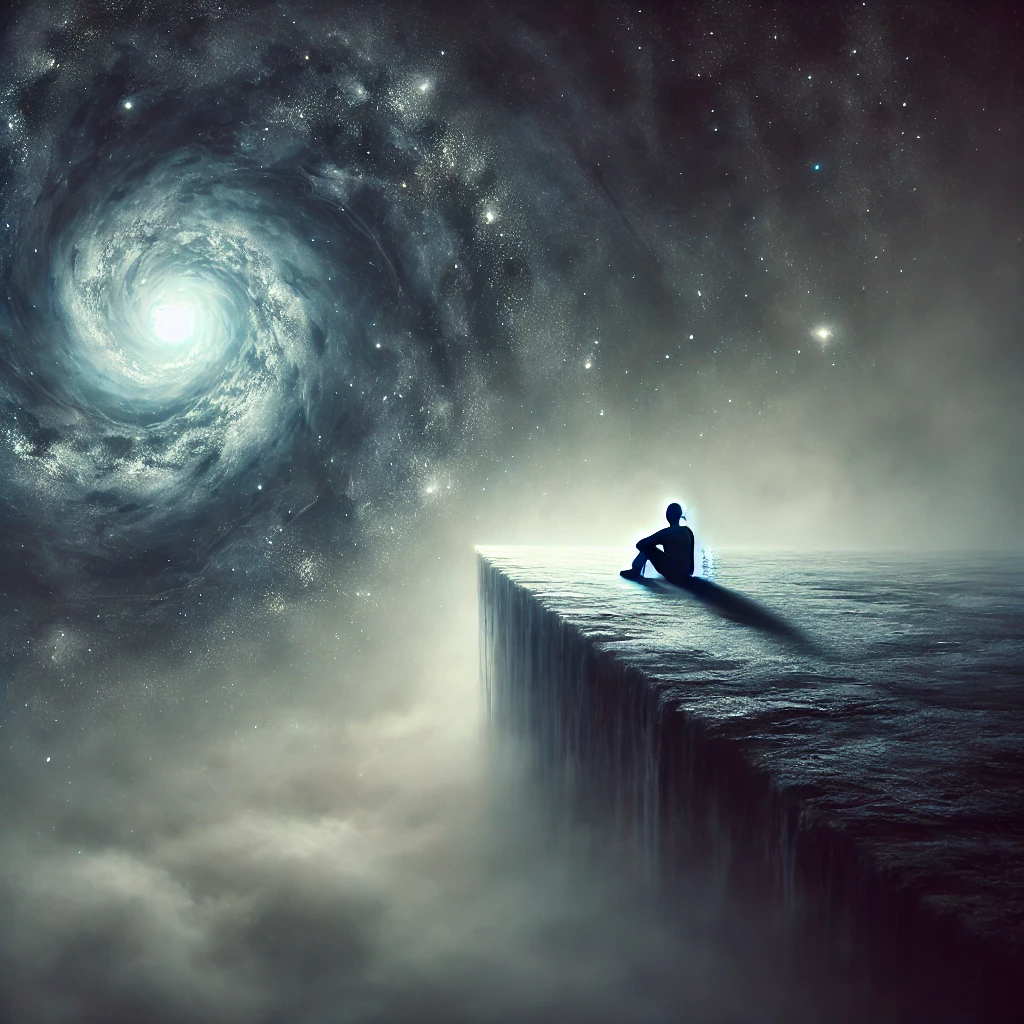Some people are just wired differently. No matter how much light enters their world, they always notice the shadow. No matter how much warmth surrounds them, they still feel the lingering chill. It’s not that they are ungrateful or unwilling to move forward—it’s just that something within them remains untouched, unfound. It is an unshakable void, an abyss that neither time nor effort seems to fill.
This feeling is not always loud. Sometimes, it is just a whisper at the edge of consciousness, a nagging emptiness that sits quietly beneath the surface of a perfectly ordinary life. It is present in the silences between conversations, in the pauses between distractions. A constant undercurrent of longing for something unknown, something unnamed. And that is perhaps the most frustrating part—not knowing what is missing, only knowing that something is.
People try to fill it with everything they can. Love, ambition, success, art, travel, possessions. They chase relationships, hoping that another person’s presence will soothe the ache inside. They throw themselves into work, believing that achievement will bring them fulfillment. They collect experiences, hoping that the thrill of new places and new people will somehow drown out the sense of lack. And for a while, some of these things work. The void is quieted, momentarily softened by the rush of joy, the comfort of belonging, or the satisfaction of progress. But then, like an ebbing tide, it returns.
What makes this void so persistent? Is it something innate, something we are born with? Or is it something learned, the result of past wounds, of unfulfilled dreams, of roads not taken? Perhaps it is a mixture of both. Some say it is the soul’s way of telling us that we are meant for more, that we have yet to find our true purpose. Others believe it is a natural part of the human condition, an existential longing that will never truly be satisfied.
Some people try to fight it. They convince themselves that it is just a phase, something they will outgrow. They immerse themselves in distractions, drowning out the silence with noise, with company, with constant movement. But the thing about a void is that it does not disappear simply because we refuse to acknowledge it. It waits. Patiently. Until we are alone, until the distractions fade, until there is nothing left between us and the emptiness we carry within.
And then there are those who embrace it. They stop running and start listening. They sit with their emptiness and try to understand it. Not as something to be feared or avoided, but as a part of themselves. Some find peace in the acceptance that the void will always exist, that it does not need to be filled but rather acknowledged. That it is not a flaw, but a space—an opening for growth, for introspection, for deeper understanding.
There is beauty in this acceptance, though it is not an easy path to walk. It requires confronting discomfort, questioning long-held beliefs, and allowing oneself to be vulnerable to the unknown. But in doing so, some find that the void is not as terrifying as it once seemed. They begin to see it not as a bottomless pit, but as a canvas—an opportunity to create meaning rather than constantly search for it.
Perhaps the void is not meant to be filled at all. Perhaps it is simply a reminder that we are always in motion, always evolving. That life is not about reaching a point of perfect completeness, but about continually seeking, learning, growing.
And maybe, just maybe, the void is not a curse, but a gift. A whisper from the universe telling us that there is still more to discover, still more to become. That we are, and will always be, unfinished masterpieces—works in progress, shaped by our longing, our searching, and the spaces we leave open for the unknown.
